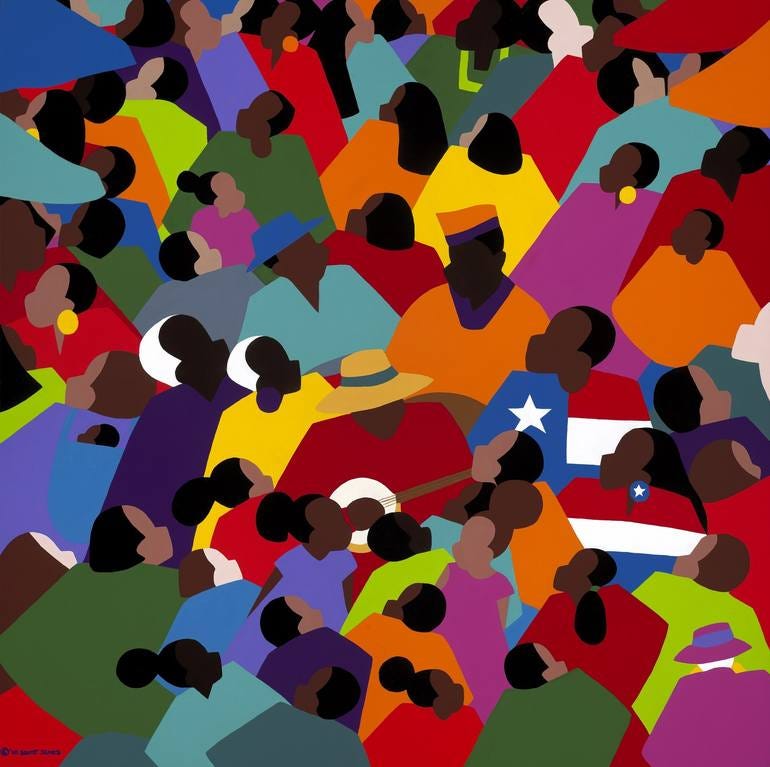On Juneteenth
It is almost a reflex, after so many centuries of brainwashing, for a Black person to feel gratitude for any semblance of humane treatment from other human beings. “Black,” as a racial category, is, after all, a hegemonic European creation designed to forever separate the darker skinned peoples of the African diaspora from the …
Keep reading with a 7-day free trial
Subscribe to Witness to keep reading this post and get 7 days of free access to the full post archives.


